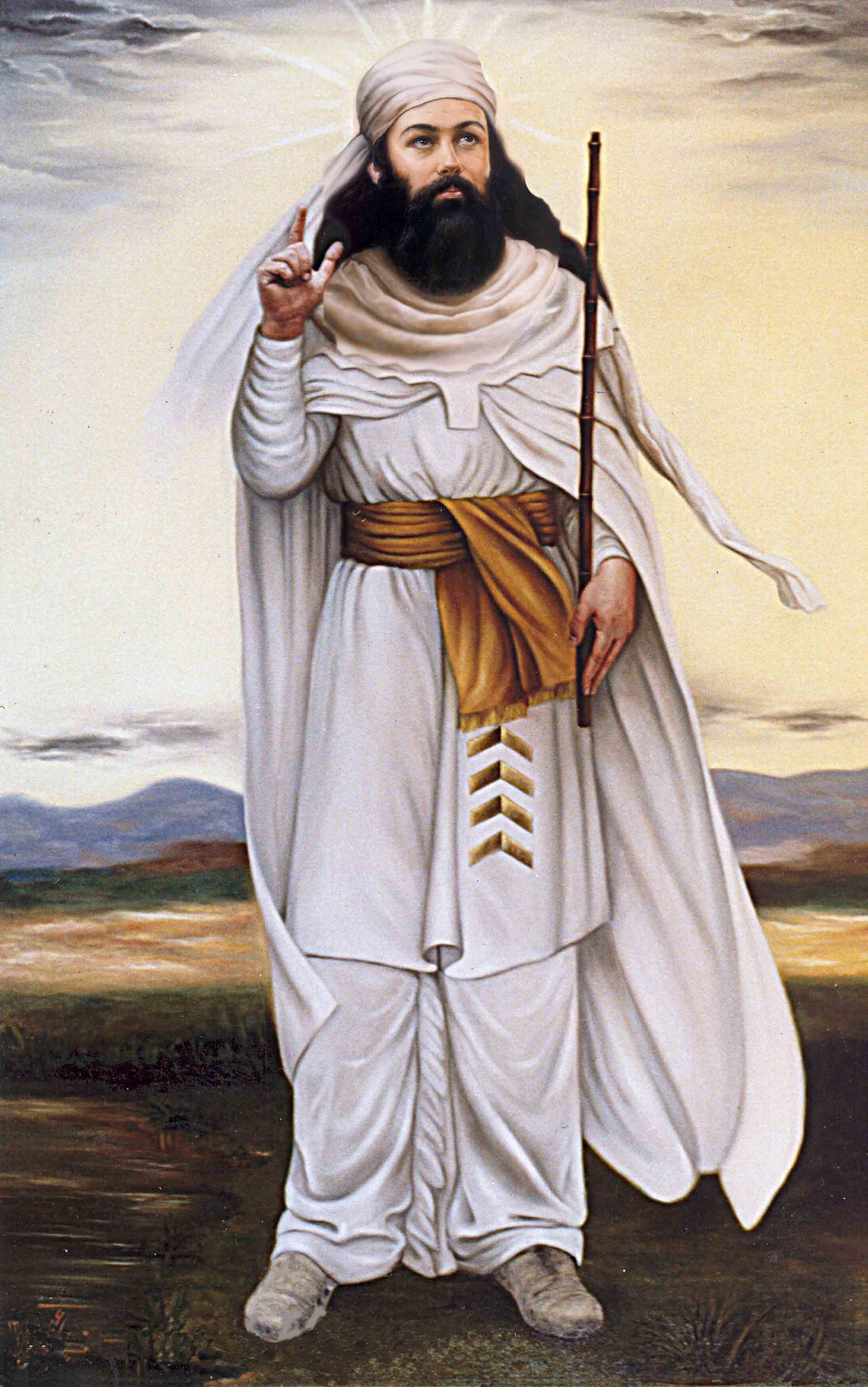Taking the first footstep with a good thought the second with a good word and the third with a good deed I entered Paradise.

"Zoroaster", also known as "Zarathustra" (; ; Zartosht, Zardosht), was the founder of Zoroastrianism. Though he was a native speaker of Avestan language/Old Avestan and lived in the eastern part of the Iranian Plateau, his birthplace is uncertain. He is credited with the authorship of the Yasna Haptanghaiti as well as the Gathas, hymns which are at the liturgical core of Zoroastrian thinking. Most of his life is known through the Zoroastrian texts.
Avestan, the language spoken by Zoroaster and used for composing the Yasna Haptanghaiti and the Gathas, on archaeological and linguistic grounds, is dated to have been spoken probably in the first half of the 2nd millennium BCE. The Gathas in contrast to the mythological Avesta place the chronology of Zoroaster much later in history, with the most conservative being dated to around the mid-sixth century BCE and the most liberal estimate being c. 1,000 BCE. Arthur Emanuel Christensen dates Zoroaster to c. 625 BCE, but Ebrahim Pourdavoud Herzfeld and Johannes Hertel date Zoroaster as existing between 550–523 BCE.
More Zoroaster on Wikipedia.He who sows the ground with care and diligence acquires a greater stock of religious merit than he could gain by the repetition of ten thousand prayers.
Turn yourself not away from three best things: Good Thought, Good Word, and Good Deed.
Suffer no anxiety, for he who is a sufferer of anxiety becomes regardless of enjoyment of the world and the spirit, and contraction happens to his body and soul.
Let us be such as help the life of the future.
Do not hold grain waiting for higher prices when people are hungry.
Form no covetous desire, so that the demon of greediness may not deceive thee, and the treasure of the world may not be tasteless to thee.
Copyright © 2024 Electric Goat Media. All Rights Reserved.